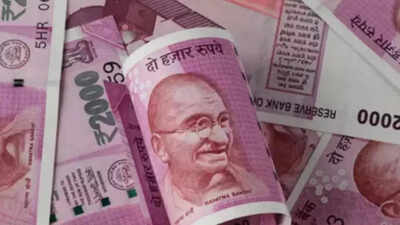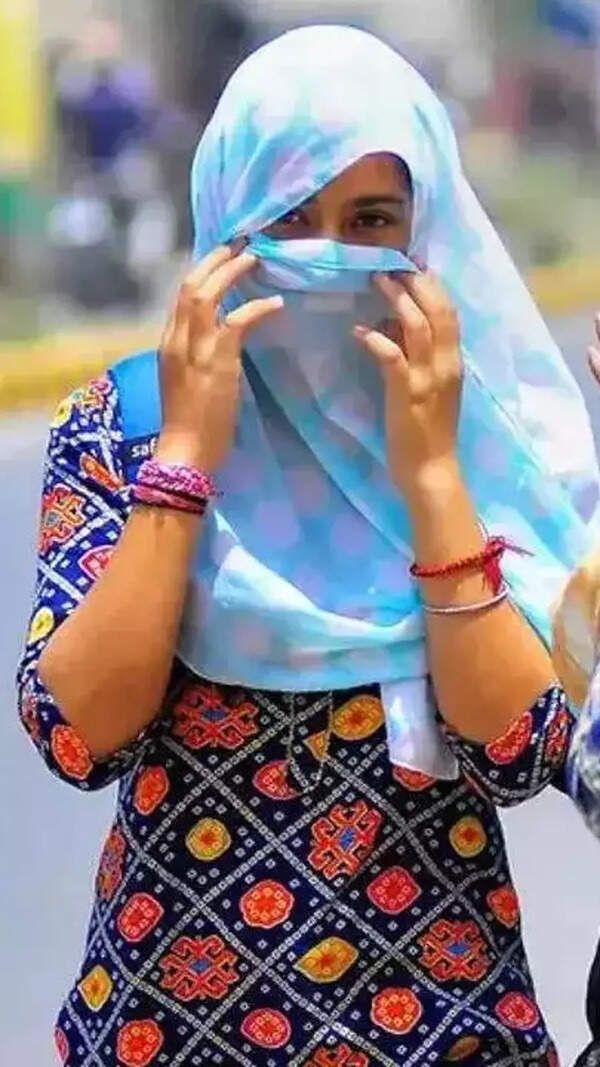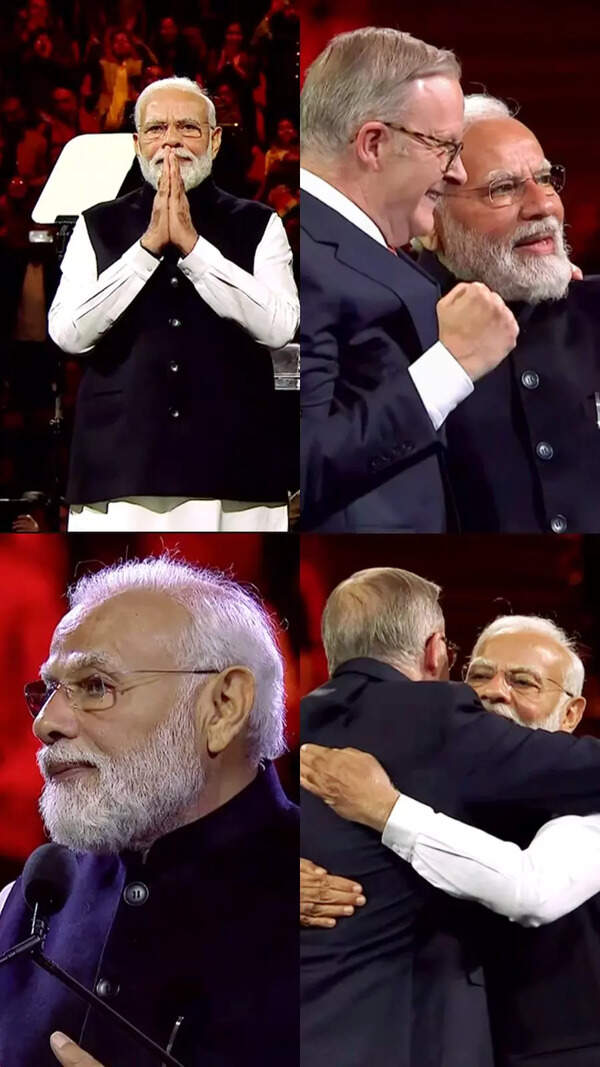- News
- City News
- delhi News
- User charges on services in Delhi may come up for review
Trending Topics
User charges on services in Delhi may come up for review

Image used for representative purpose only
NEW DELHI: With the city's finances stretched, especially after the pandemic, the finance department of Delhi government is exploring the possibilities of revising user fee and charges to augment its revenue collection.
User fee or charges are levied by the government on various services it provides to the residents of the city - the fee for providing water, sewage and power connections, granting or renewal of driving licence and other vehicular permits and documents issued by the revenue department, among many others.
The finance department has written to the secretaries and heads of all departments, agencies and autonomous bodies under Delhi government to review the user fee charged for services under their administrative control and explore the scope for rationalising it to increase the contribution to the non-tax revenue.
A senior Delhi government official said all departments have been asked to prepare a detailed action plan and submit it to the finance department at the earliest. These charges need to be reviewed at least every three years but have not been revised for many years now, he added.
"We have asked the departments to examine the trend of non-tax collection and identify the factors responsible for their lack of growth. We have also asked them to explore the scope for rationalising the various user fees that contribute to the non-tax revenue," said the official.
The official said a final decision on whether the charges need to be revised will lie with the elected government.
Senior officials confirmed Covid has stretched Delhi's finances by impacting both tax and non-tax collections. With the Centre discontinuing the GST compensation - amounting to almost Rs 12,000 crore annually - since July 2022, officials said there was an urgent requirement to explore options to consolidate revenue collection.
In the latest budget, Delhi government estimated to collect Rs 53,565 crore - 68% of the total budget outlay - as tax revenue (GST and VAT, excise, stamp duty and registration tax and road tax and vehicular registration fee) while the remaining would come from capital receipts (Rs 622 crore), small savings loan (Rs 10,000 crore), GST compensation (Rs 3,802 crore), central schemes (Rs 3,167 crore), and central assistance and grants (Rs 1,168 crore).
The contribution of non-tax revenue is estimated to be just Rs 1,050 crore - 1.3% of the total budget.
"As per Rule 47 of the general financial rules, it is required to undertake an exercise to identify user charges levied by departments and ensure they recover the current cost of providing services with reasonable return on capital investment," said an official.
User fee or charges are levied by the government on various services it provides to the residents of the city - the fee for providing water, sewage and power connections, granting or renewal of driving licence and other vehicular permits and documents issued by the revenue department, among many others.
The finance department has written to the secretaries and heads of all departments, agencies and autonomous bodies under Delhi government to review the user fee charged for services under their administrative control and explore the scope for rationalising it to increase the contribution to the non-tax revenue.
A senior Delhi government official said all departments have been asked to prepare a detailed action plan and submit it to the finance department at the earliest. These charges need to be reviewed at least every three years but have not been revised for many years now, he added.
"We have asked the departments to examine the trend of non-tax collection and identify the factors responsible for their lack of growth. We have also asked them to explore the scope for rationalising the various user fees that contribute to the non-tax revenue," said the official.
The official said a final decision on whether the charges need to be revised will lie with the elected government.
Senior officials confirmed Covid has stretched Delhi's finances by impacting both tax and non-tax collections. With the Centre discontinuing the GST compensation - amounting to almost Rs 12,000 crore annually - since July 2022, officials said there was an urgent requirement to explore options to consolidate revenue collection.
In the latest budget, Delhi government estimated to collect Rs 53,565 crore - 68% of the total budget outlay - as tax revenue (GST and VAT, excise, stamp duty and registration tax and road tax and vehicular registration fee) while the remaining would come from capital receipts (Rs 622 crore), small savings loan (Rs 10,000 crore), GST compensation (Rs 3,802 crore), central schemes (Rs 3,167 crore), and central assistance and grants (Rs 1,168 crore).
The contribution of non-tax revenue is estimated to be just Rs 1,050 crore - 1.3% of the total budget.
"As per Rule 47 of the general financial rules, it is required to undertake an exercise to identify user charges levied by departments and ensure they recover the current cost of providing services with reasonable return on capital investment," said an official.
Start a Conversation
FOLLOW US ON SOCIAL MEDIA
FacebookTwitterInstagramKOO APPYOUTUBE







